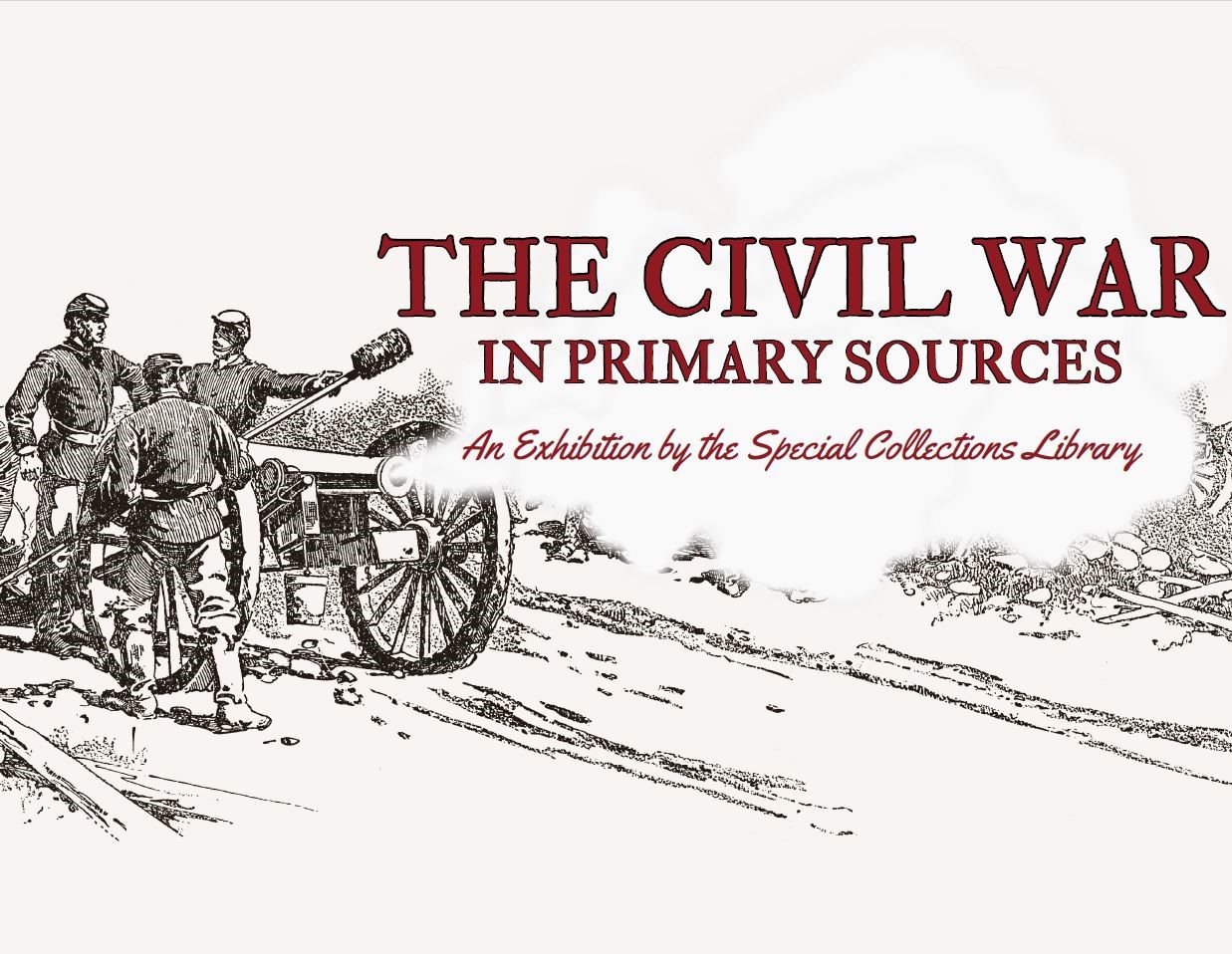
Preview

Creation Date
2024
Description
From the inception of the Atlantic slave trade in the 16th century, critics have voiced their disapproval and called for the abolition of slavery. The United States, founded on liberty and equality, directly stood in contradiction to these principles by sanctioning the oppression of Black people throughout the American South.
Our nation’s founding fathers assumed slavery would eventually die out on its own. However, the cotton gin's invention in 1794 revitalized slavery, leading to westward expansion for cotton production. Statehood applications sparked controversies over slavery policies, as exemplified by the Missouri Compromise of 1820, which intensified anti-slavery sentiments.
By 1830, organized abolitionist movements emerged, fueled by the Second Great Awakening and prominent abolitionist voices like Frederick Douglass and Harriet Beecher Stowe. John Brown's failed raid at Harpers Ferry in 1859 served as a precursor to the Civil War. In 1860, Abraham Lincoln's election on an antislavery platform prompted Southern states to secede from the Union.
This case houses the following items:
- Uncle Tom's Cabin by Harriet Beecher Stowe
- 1883 photo of Josiah Henson (Uncle Tom)
- Stereo card of a cotton gin
- My Bondage and My Freedom by Frederick Douglass
Keywords
Exhibitions, Slavery, The South
